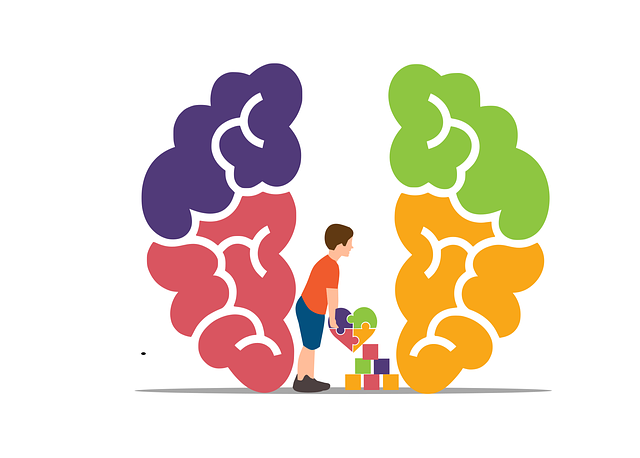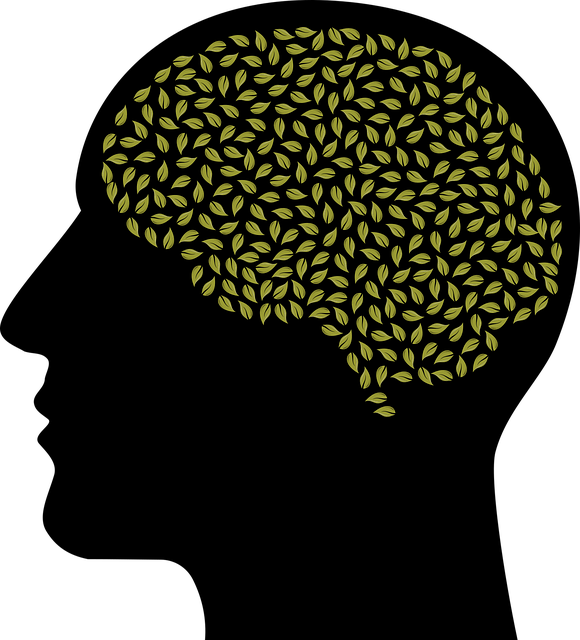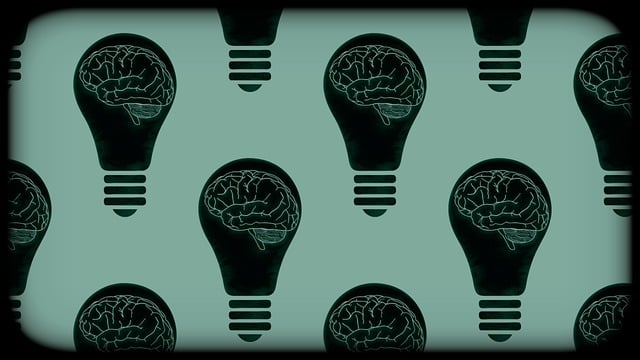Parker Child Abuse Therapy (PCAT) offers a structured framework (RFM model) to enhance mental well-being by strengthening resilience, flexibility, and mastery in clients. Through integrated conflict resolution, stigma reduction, and risk management planning, PCAT promotes personal growth and recovery from trauma, especially childhood abuse. This specialized therapy focuses on building inner strength, improving self-esteem, and fostering emotional regulation through tailored coping skills, mindfulness meditation, group therapy, and one-on-one counseling. Organizations like PCAT play a crucial role in mental health policy analysis and education programs, empowering individuals to navigate life's challenges more resiliently.
Resilience is a powerful tool for navigating life’s challenges, and RFM (Recovery, Flexibility, and Mastery) exercises play a pivotal role in building this mental fortitude. This article explores how understanding RFM can empower individuals, especially those who have experienced childhood abuse, to foster resilience. We delve into the impact of trauma on mental health and present Parker Child Abuse Therapy as an innovative approach. Additionally, we offer practical resources and exercises to enhance coping mechanisms, emphasizing the importance of emotional resilience in daily life.
- Understanding RFM and Its Role in Resilience Building
- The Impact of Childhood Abuse on Mental Resilience
- Parker Child Abuse Therapy: An Approach to Strengthening Resilience
- Identifying Resources for Enhancing Coping Mechanisms
- Practical Exercises for Building Emotional Resilience
Understanding RFM and Its Role in Resilience Building

Resilience is a vital component of mental well-being, enabling individuals to navigate life’s challenges and adversities with strength and adaptability. One effective framework that therapists and mental health professionals can leverage for building resilience is the RFM model, which stands for Resilience, Flexibility, and Mastery. This model, popularized by Parker Child Abuse Therapy, offers a structured approach to enhancing clients’ coping abilities and fostering a sense of empowerment.
The RFM process involves identifying and strengthening these three key pillars. Risk Management Planning for Mental Health Professionals plays a crucial role here, as it equips individuals with strategies to handle risks and stressful situations effectively. By integrating conflict resolution techniques and stigma reduction efforts, the model promotes healthier relationships and fosters an environment where clients can explore and develop their unique strengths. This holistic approach not only helps in building resilience but also aids in personal growth and recovery from traumatic experiences.
The Impact of Childhood Abuse on Mental Resilience

Childhood abuse can have profound and lasting effects on a person’s mental resilience. The experiences of neglect, physical or emotional trauma, and other forms of maltreatment during formative years can disrupt the development of healthy coping mechanisms and emotional regulation strategies. As a result, individuals who have experienced child abuse may struggle with low self-esteem, anxiety, depression, and post-traumatic stress disorder (PTSD) later in life.
Resilience building exercises, such as those offered by Parker Child Abuse Therapy, play a crucial role in helping individuals heal from these past traumas. Through targeted interventions, therapy facilitates the development of inner strength and effective stress reduction methods. By addressing the root causes of mental health issues stemming from abuse, professionals can empower individuals to navigate challenges with enhanced coping abilities, fostering true mental resilience over time. Additionally, risk assessment for mental health professionals is essential to ensure safe and supportive treatment environments, further strengthening the therapeutic process.
Parker Child Abuse Therapy: An Approach to Strengthening Resilience

The Parker Child Abuse Therapy (PCAT) is a therapeutic approach designed to help young individuals build resilience and navigate challenging life experiences, especially those involving abuse or trauma. This therapy focuses on fostering inner strength development by equipping children with effective coping skills. Through PCAT, therapists aim to promote emotional well-being promotion techniques tailored to each child’s unique needs.
By employing various activities and strategies, the therapy facilitates the development of resilience, enabling children to cope more effectively with future stressors. This methodical process involves helping them understand and manage their emotions, enhance self-esteem, and build a positive sense of self. As a result, children equipped with these skills become better equipped to handle difficult situations, fostering personal growth and improved emotional regulation.
Identifying Resources for Enhancing Coping Mechanisms

Identifying resources is a pivotal step in enhancing coping mechanisms, especially for individuals who have experienced trauma or are navigating challenging life circumstances. Organizations like Parker Child Abuse Therapy play a crucial role in this process by offering specialized services tailored to support mental health and resilience. They provide therapeutic interventions that cater to different needs, ensuring individuals have access to effective tools for managing stress and adversity.
Through a comprehensive Mental Health Policy Analysis and Advocacy approach, these organizations can highlight the importance of integrating Self-Care Routine Development for Better Mental Health into community resources. By designing and implementing Mental Health Education Programs, they empower people with knowledge about coping strategies and promote self-awareness, fostering an environment where individuals feel equipped to navigate life’s challenges more resiliently.
Practical Exercises for Building Emotional Resilience

Building emotional resilience is a vital component of healing and personal growth, especially for individuals who have experienced trauma, such as those who have gone through Parker Child Abuse Therapy. Practical exercises can help strengthen one’s ability to cope with stress, regulate emotions, and bounce back from adversity. One effective method is incorporating mindfulness meditation into daily routines. This practice encourages individuals to focus on the present moment, reducing anxiety and fostering a sense of calm. Healthcare providers trained in cultural competency recognize the importance of tailoring these practices to diverse backgrounds, ensuring that resilience-building techniques are sensitive to individual experiences and beliefs.
Incorporating cultural sensitivity in mental healthcare practice is essential for creating inclusive spaces where everyone feels heard and understood. The ability to navigate complex emotions can be enhanced through group therapy sessions or one-on-one counseling, where individuals learn from each other’s experiences. These exercises not only build resilience but also promote a sense of belonging and community, which are crucial aspects of healing. By combining evidence-based techniques with cultural competency and sensitivity, professionals in the field can empower individuals to lead more fulfilling lives.
Resilience is a powerful tool that can transform lives, especially when equipped through effective strategies like RFM and targeted therapies. The article has explored these concepts, highlighting their significance in navigating life’s challenges. Specifically, the discussion on Parker Child Abuse Therapy underscores the potential for fostering mental resilience, offering hope and healing for those who have endured childhood abuse. By combining theoretical understanding with practical exercises, individuals can enhance their coping mechanisms, enabling them to lead more fulfilling lives. This journey towards resilience is a testament to the human spirit’s capacity for growth and adaptation.














